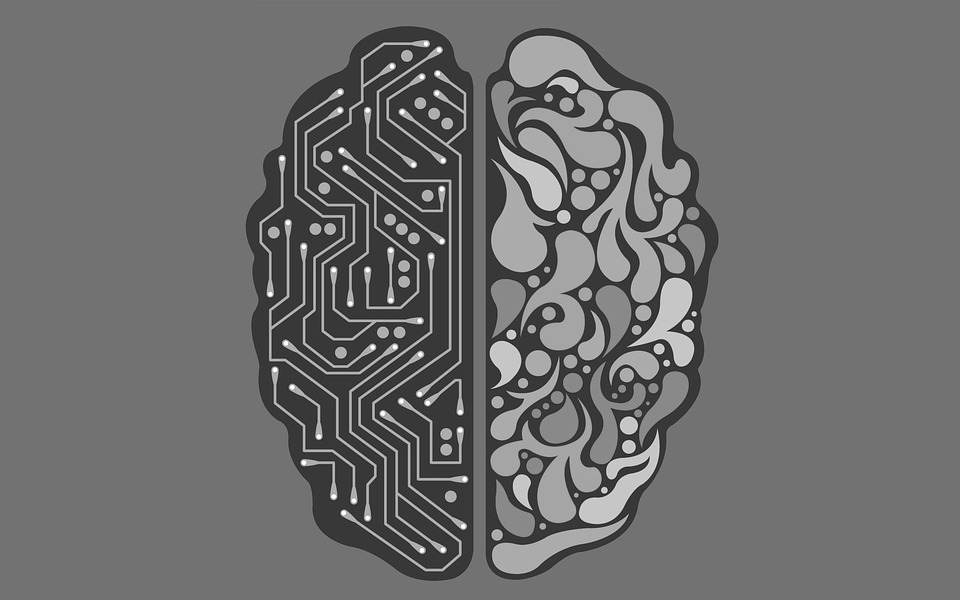
Will HR battle against AI?
Will jobs rapidly disappear under the onslaught of AI or will AI meet its match? Will governments find new ways to manipulate us, or will the AI boom simply backfire on them?
If one reads all the literature, it is easy to get carried away by the potential impact of AI on our future lives. The fear of AI and automation is still high amongst most people.
Those with the required IQ scores of 130 plus, sufficient to drive AI innovations, amount to just 2.5% of the population. There is already a huge cost premium on AI-related skills, and only those with the biggest purses will secure the necessary talents. The advance of AI will do nothing to improve the rivalry of political regimes, and may even encourage them to believe they could win huge advantages through military confrontation. AI could even convince its human guardians that it can cope with irrationality, and that because it can imitate human thinking it is the same as the real thing.
Philosophy will be for the playpen and areas where there can be no right answers, or just a perpetual tautology, regarded as intellectually suspect and ignored. Is this the only possible future? Might there be an equally credible, if rather surprising, alternative?
Curiously, the economic focus of multinationals holds out much more hope for humanity than that presented by politics. Companies continue to need consumers and the greater their sophistication the bigger the market they will represent. Socially, the interests of multinationals may come to be at odds with governments, especially if the latter seek to tax companies more to make up for lost income tax revenues as job numbers dwindle. Multinationals will, because of their global reach, also have more power and influence than even the largest national governments. Even today, Walmart has higher annual revenue than Spain, and Royal Dutch Shell more than the revenue of Sweden. Therefore, the greatest rivalry may end up as not between governments, but between governments and multinationals.
So, how does HR fit into this seemingly disturbing equation? According to Robin Chater, Secretary-General of the leading think tank the Federation of International Employers (FedEE) the answer is that it has a potentially leading part to play - if it will only seek to play it.
He said, "The loss of jobs to technology will no doubt tear the heart out of HR temporarily, but it will also strengthen another role that HR has long possessed. For HR is, above all, the human conscience of the organisation. It acts, sometimes unwittingly, as a huge curb on the impulses of fellow managers, preventing them from making narrow and short-sighted decisions to satisfy the latest executive fad or just go for profit at all costs. No company will ever be able to operate without some personnel and to the extent that their needs are addressed, so will the ultimate needs of suppliers, customers and the public at large."
Also according to Mr Chater, "As corporations rely fundamentally on the sense, level-headedness and wisdom of HR, so will these qualities elude the designers of AI systems. Kindness, integrity, ontological lateral thinking, irony, justice, reputation, a conscience and emotional intelligence are never going to be something that a non-human entity can ever truly exhibit. At best, they will be false, contrived and, because they will always prove to be too precious to be lost, mark the limits of AI's reach."




